Coronavirus: Sydney lockdown to extend until at least July 16, students to learn from home
Sydney’s lockdown will be extended until at least July 16, and students will learn from home, after a NSW crisis cabinet decision.
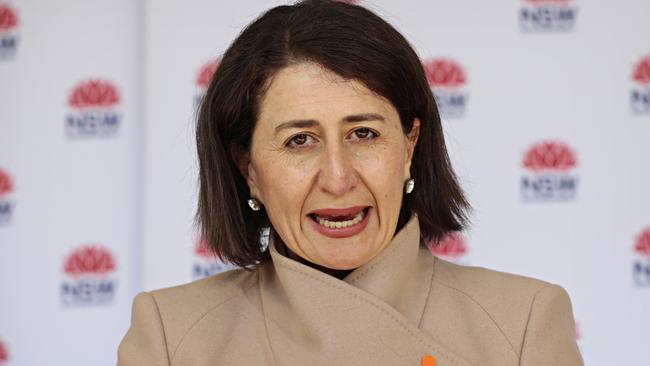
More than five million Sydneysiders will remain in lockdown for an additional week after a NSW crisis cabinet meeting agreed to extend citywide Covid-19 restrictions until at least July 16.
The extension of the lockdown – originally due to expire on Friday – will also leave students in Sydney learning from home when schools return on Tuesday.
The decision, to be announced on Wednesday, followed a meeting of senior Berejiklian government ministers and health officials on Tuesday afternoon.
There will be no easing of restrictions, even in regions with no Covid-19 cases, despite some Coalition MPs urging Premier Gladys Berejiklian to ease the lockdown in their electorates.
Ms Berejiklian is also expected to outline plans in coming days for a longer-term strategy for NSW to remain open as vaccination rates increase, avoiding the need for further lockdowns or restrictions.
That plan is being developed by Deputy Premier John Barilaro and other senior ministers, although one official told The Australian on Tuesday that it was “a long way from being settled”.
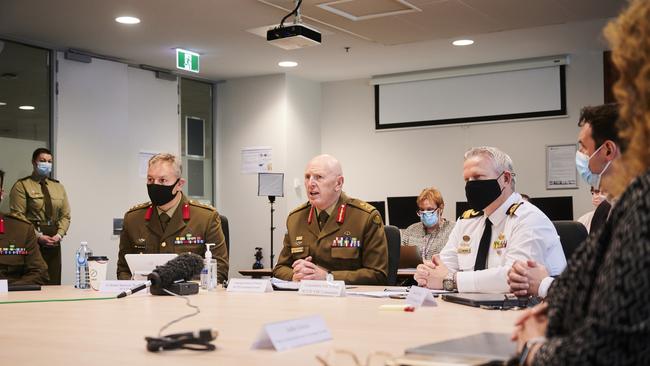
The extension of the NSW lockdown comes as the nation’s largest employers are expected to be brought into the Covid-19 inoculation program, meeting with Josh Frydenberg in a first step towards allowing them to administer vaccines to workers.
The Treasurer and Lieutenant General John Frewen, who is overseeing the federal vaccination program, will chair a Wednesday meeting with some of the country’s most senior corporate figures including chief executives from all four major banks, Qantas, Virgin Australia, Telstra and Optus. The meeting will also include Wesfarmers chief executive Rob Scott, Woolworths managing director Brad Banducci and the leaders of the country’s major business peak bodies.
Mr Frydenberg and General Frewen, who met with state and territory leaders on Tuesday, are working on plans to speed up the rate of vaccinations after supplies from Pfizer and Moderna increase in September.
Federal and state governments used that meeting to discuss a national rollout of vaccination hubs and the role of medical students and paramedics in the program.
General Frewen said workplace vaccination might begin when there was a greater supply of jabs, from September or October. “We hope to have … a national level discussion about where we see industry fitting in to the rollout going forward,” he said.
“Many of these industries already do annual flu vaccinations. So I think there’s a couple of attractions to their ability to do workplace vaccinations when it comes to Covid as well.
“It’s just another way of helping accelerate the program and using another workforce that’s out there, which might be training up of the workforce that currently does flu vaccinations.”
More than 146,000 doses were administered on Monday, with 9.4 per cent of the adult population now fully vaccinated. Just over 19 per cent of people aged over 70 have received two doses.
There were 18 local Covid-19 cases in NSW reported on Tuesday, with 11 isolating through the entire period of infectiousness.
Ms Berejiklian said she wanted the lockdown to be the last.
“While we have the best contact tracers in the world, and I believe the right settings at the right time for our population, we have to be mindful that what we are experiencing with this strain is something new during the pandemic,” she said. “It is not something we have seen before, and that is why it requires a different type of response.”
Ms Berejiklian also said it was likely, when the lockdown lifts, that some restrictions would stay.
“This Delta strain is likely to be dominant strain of the virus until we have further information and we also appreciate that we need to vaccinate more of our population before we can live as freely as we would like,” she said.
“So in between now and vaccinating a greater proportion of our population, we need to think about what life looks like.”
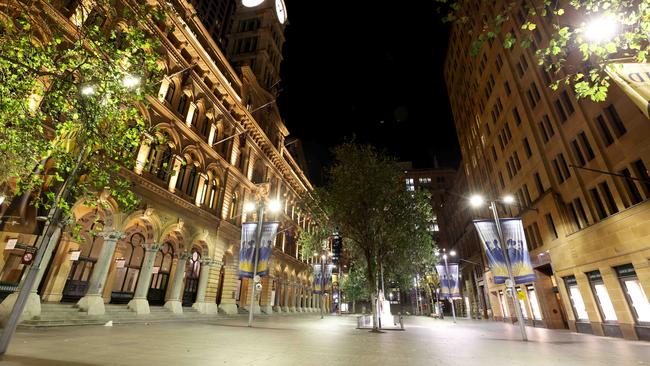
The lockdown across Greater Sydney was imposed from June 26 but was originally expected to be in place until July 9.
Along with limiting the number of reasons people can leave home, the restrictions also mandate face masks be warn in all indoor areas of non-residential premises and prevent travel into the area from other regions.
On Tuesday, NSW Liberal MP James Griffin wrote to Ms Berejiklian urging her to “strongly consider” revising public health orders to ease restrictions on Manly and the Northern Beaches local government areas.
“As you are aware, the Northern Beaches demonstrated resilience and community spirit in the face of a difficult ‘lockdown’ over the Christmas and New Year period,” the Manly MP and parliamentary secretary for health wrote, adding it would be “highly desirable” to provide a reprieve for local businesses.
Employer organisations including the Australian Industry Group and the Australian Chamber of Commerce and Industry – who will both be at the meeting with Mr Frydenberg on Wednesday – last week urged the government to bring businesses into the vaccination program in a bid to re-open the economy quicker.
Ai Group chief executive Innes Willox also suggested extending an offer of indemnity from GPs to businesses as part of the push.
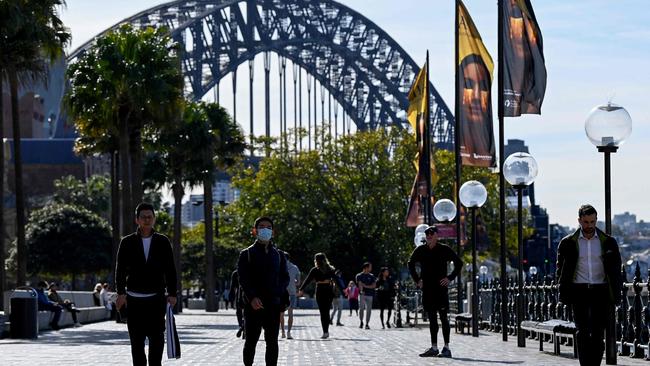
Mr Frydenberg said the vaccination program would be crucial to supporting the economy.
“Throughout the pandemic we have partnered with the business community and we are looking to do so again to rollout out the vaccine in a safe and efficient manner,” he said.
“As we move our focus from suppression to living with the virus in line with the road map set out by national cabinet, our largest employers will play an important role in supporting Lieutenant General Frewen rollout the vaccine.” Speaking after his meeting with state and territory leaders, General Frewen said he expected Australians under 40 to have access to the Pfizer and Moderna vaccines by September.
“When we get to September and October, if we’ve got the amounts of supply that we are forecast to have at those stages, that’s around about the time we may be able to look at bringing more choice into the program,” General Frewen said.
“But we can’t put a hard time on that just yet.”
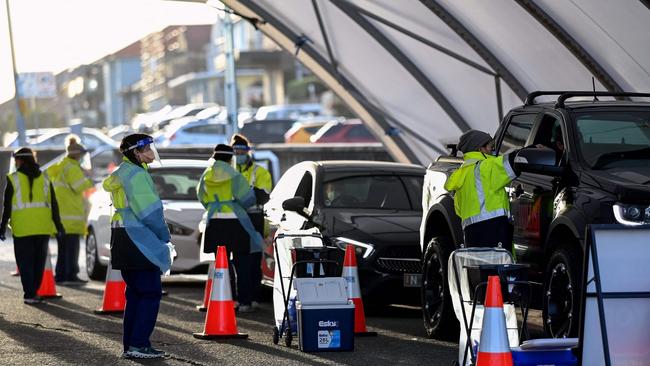
But Raina MacIntyre, an epidemiologist at the University of NSW’s Kirby Institute, said both mass vaccination clinics and workplace vaccinations would be needed to prevent further delays in the program.
“The rate that we are vaccinating now is nowhere near enough,” Professor MacIntyre said. “At this stage we won’t have vaccinated the population even by late 2022. So we really need to speed up and scale up.
“So that means using every avenue available to us: pharmacies, the vaccination hubs, we are going to need all of it. And if there is workplace vaccination as well, we will get there faster.”
Professor MacIntyre also said there was too much red tape for GPs to administer Covid-19 vaccines. “They have to fill out forms every two weeks to get supply,” she said.
Labor leader Anthony Albanese said the federal government has “botched the rollout of the vaccine by not doing deals early enough”. “This government had two jobs this year: the effective rollout of the vaccine and national quarantine facilities. And it botched both,” he said.

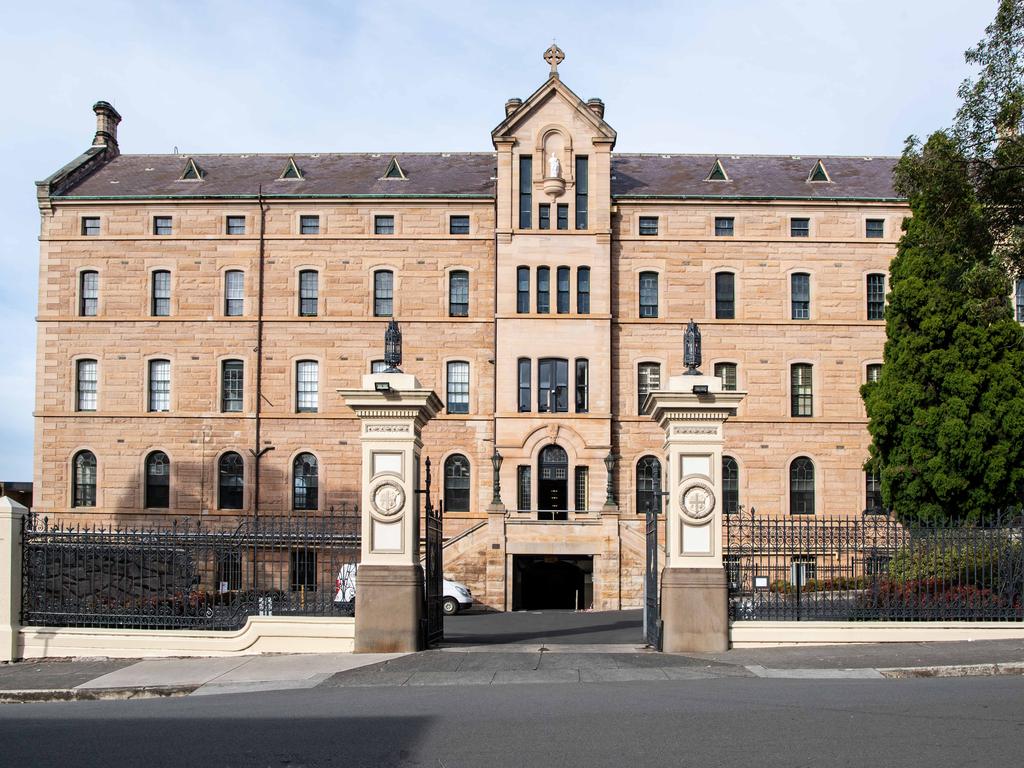

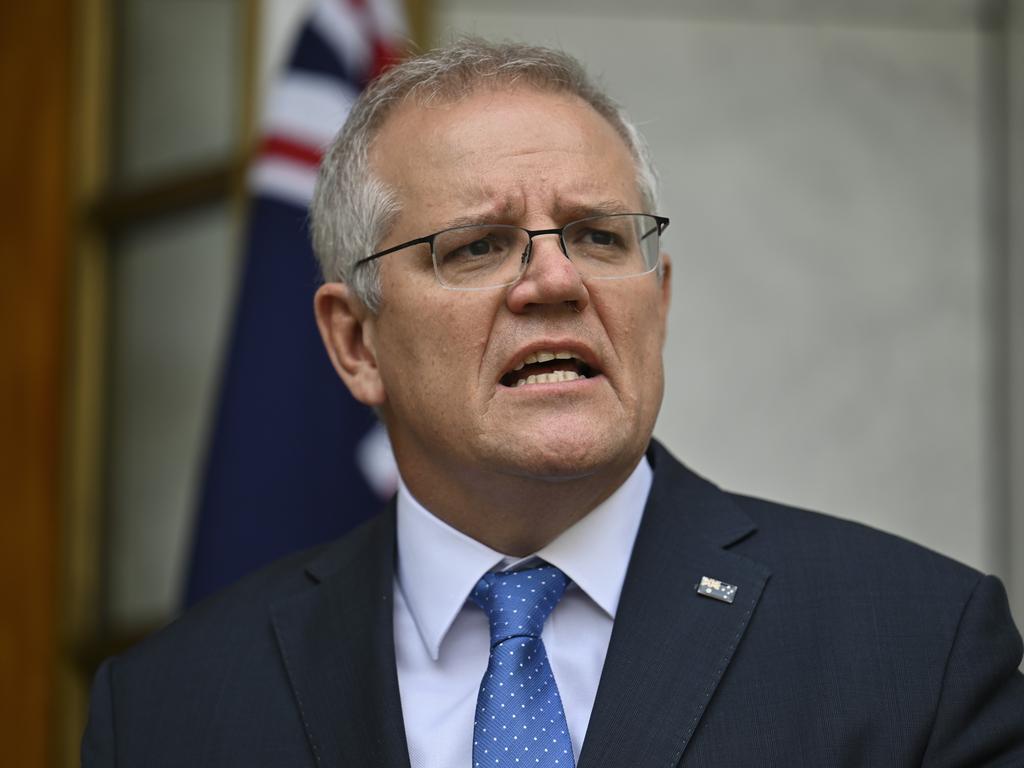
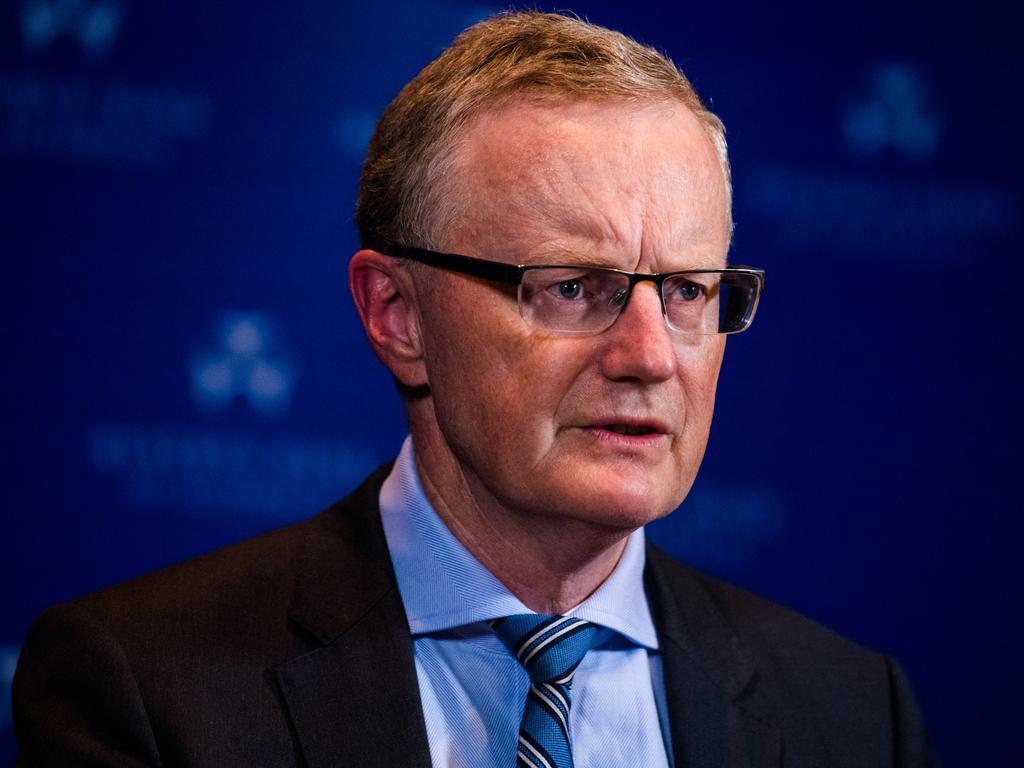


To join the conversation, please log in. Don't have an account? Register
Join the conversation, you are commenting as Logout